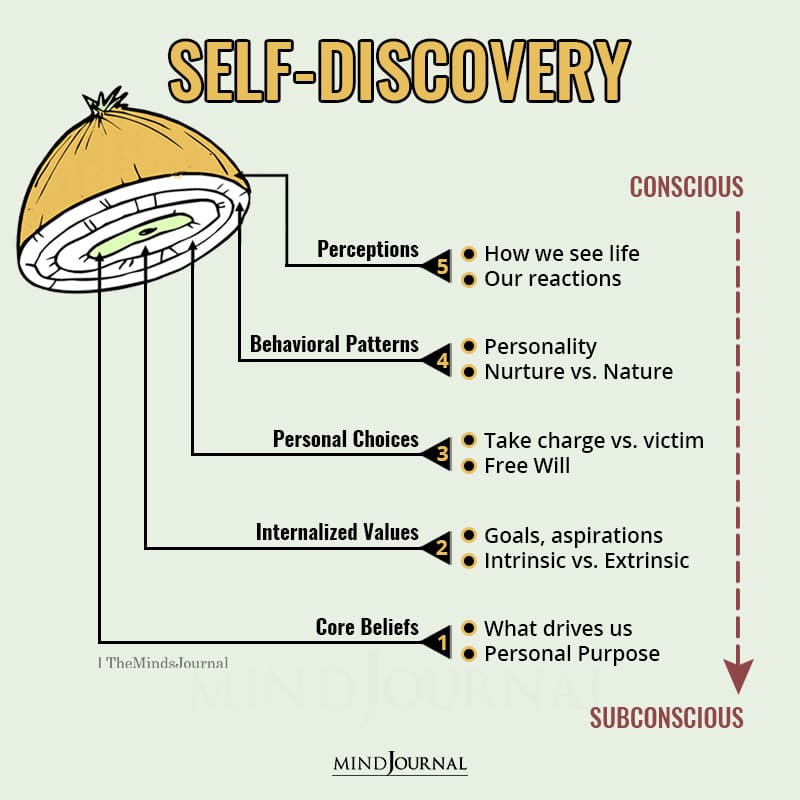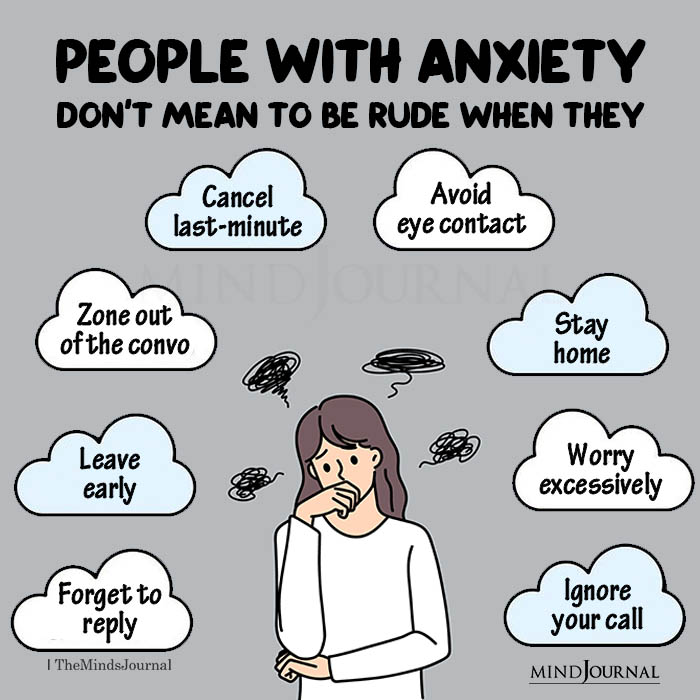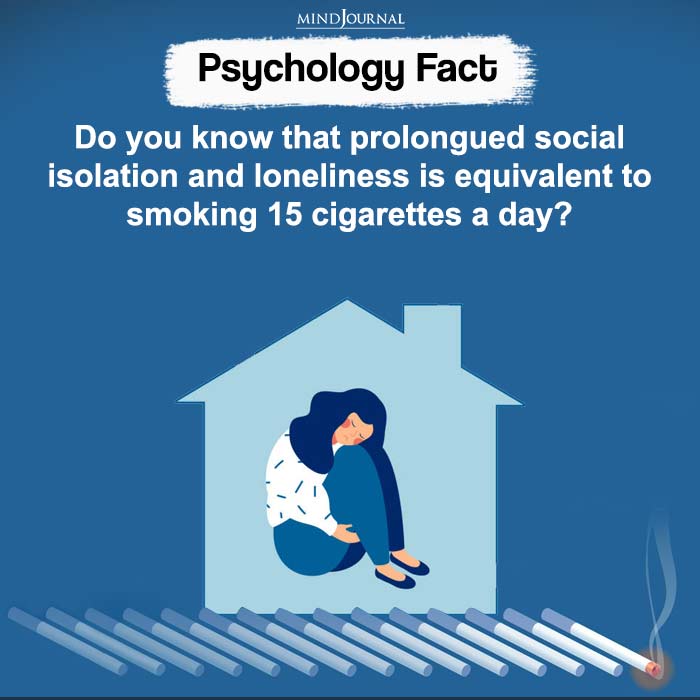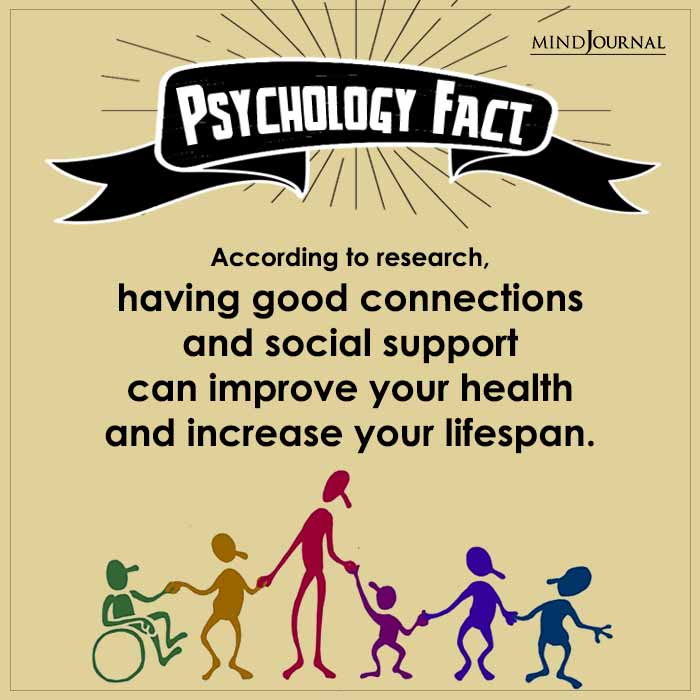Social interactions can sometimes feel like a maze, especially if you’ve experienced socially awkward symptoms.
But fear not! In this guide, we’ve compiled effective tips to help you navigate away from these common social challenges. Learn how to steer clear of these 7 socially awkward symptoms and embrace smoother, more comfortable interactions.
Get ready to boost your social confidence and breeze through any gathering with ease! Say goodbye to awkwardness and say hello to a confident, new you!
Socially Awkward Meaning
Socially awkward behavior refers to feeling uncomfortable or out of place in social situations, often manifesting through anxiety, difficulty in initiating or maintaining conversations, and misreading social cues.

It may involve behaviors such as inappropriate body language and a persistent fear of judgment or rejection. This can sometimes lead to a sense of isolation or difficulty in forming lasting relationships.
When you’re grappling with socially awkward disorder, even everyday interactions like engaging in small talk or using technology to communicate might seem like hurdles.
It’s essential to acknowledge that feeling this way is more common than you might think, and it doesn’t imply that there’s something inherently wrong with you. At some point, you may find yourself navigating similar challenges in your social lives.
Taking small steps and being patient with yourself can go a long way in gradually building your comfort in social situations. You’re not alone in this, and there are practical ways to make these moments more manageable and less overwhelming.
Read More: Socially Awkward Introvert: 10 Signs You Have Social Anxiety
Why Am I So Weird And Awkward
“Why Am I So Weird And Awkward?” The persistent query of why one feels out of place in social settings can be a perplexing internal dialogue.
Acknowledging that feeling ‘weird’ is part of what makes us human is the first step toward understanding and accepting oneself despite societal expectations.

When pondering the question of “Why Am I So Weird And Awkward,” it becomes crucial to delve into the root causes of these emotions. Understanding that social norms are not universal, and what might seem awkward in one situation could be celebrated in another.
Engaging in activities that promote self-confidence and self-expression can provide a pathway to finding a sense of belonging and acceptance. This, in turn, can foster meaningful connections within the social fabric.
By embracing the question of “Why Am I So Weird And Awkward,” you can embark on a journey of self-discovery and empowerment. Ultimately, this journey leads to a more profound self-acceptance and belonging.
Read More: How To Find Your Skills And Talents: The Art Of Self-Discovery
Why Am I So Socially Awkward
“Why Am I So Socially Awkward?” This question often emerges when the social terrain feels challenging to navigate. It’s perfectly normal to experience this at times; many people do. It’s not a permanent label, but a temporary state of being.

By asking yourself, “Why Am I So Socially Awkward,” you initiate a process of self-discovery. It’s about recognizing patterns and triggers, whether they stem from shyness, anxiety, past experiences, or other factors.
Read More: What Is Childhood Trauma? 4 Signs of Lingering Childhood Hurt
Remember, you’re not alone in this. Many others grapple with the same question. It’s a shared human experience.
However, in order to answer “Why Am I So Socially Awkward?”, let us look at some socially awkward symptoms that you might be showing.
Socially Awkward Symptoms
Socially awkward symptoms can present themselves in various ways, often causing discomfort and uncertainty in interpersonal interactions. Recognizing these signs of socially awkward disorder is the first step towards understanding and addressing them for a more comfortable social experience.

It also helps you to understand socially awkward meaning in your own life!
The following are the startling socially awkward symptoms in a person:
1. Prolonged Silence
One of the striking signs of social awkwardness is the tendency to remain quiet for extended periods, making it challenging to engage in meaningful conversations. This prolonged silence can create an atmosphere of unease, affecting the dynamics of social interactions.
2. Avoidance of Eye Contact
Difficulty in maintaining eye contact can be a telltale sign of feeling socially awkward. Avoiding direct gaze may stem from a sense of discomfort or anxiety, hindering the establishment of a genuine connection with others.
Read More: Everything You Need To Know About The Power Of Eye Contact
3. Difficulty Recognizing Social Signals
The struggle to interpret subtle social cues, such as body language or facial expressions, can lead to misunderstandings and miscommunications. This challenge often contributes to a sense of disconnect and difficulty in comprehending the underlying dynamics of a conversation.
4. Over-apologizing
Frequently apologizing, even for minor or non-existent social blunders, is a common trait among those experiencing social awkwardness. This behavior often stems from a desire to alleviate tension and maintain a sense of control in uncertain social situations.
5. Excessive Nervousness
Heightened nervousness or visible anxiety can manifest through fidgeting, stuttering, or a noticeable increase in self-conscious behavior. This unease can significantly impact the ability to express oneself comfortably, leading to further socially awkward disorder.
6. Limited Small Talk Skills
Finding it challenging to engage in casual conversations or initiate small talk can create barriers to establishing connections with others. Limited small talk skills may lead to difficulties in building rapport or finding common ground, resulting in strained social interactions.
7. Social Isolation

Withdrawing from social interactions and gatherings, leading to limited engagements and a stronger sense of connection with others. This isolation, often stemming from discomfort, perpetuates a cycle of challenges, hindering the development of meaningful connections and a supportive social network.
Recognizing and understanding these startling signs of socially awkward symptoms is the first step towards embracing personal growth and fostering more comfortable and fulfilling social interactions.
By acknowledging these symptoms socially awkward disorder, you can begin to develop strategies to navigate social situations with greater confidence and ease.
Read More: The Heart Health Effects Of Social Isolation: A Closer Look
How to Avoid Socially Awkward Disorder?
If you find yourself grappling with social awkwardness, rest assured that there are effective strategies you can implement to alleviate this challenge and enhance your social confidence.
Here are some practical steps you can take to stop being socially awkward:
1. Self-Acceptance
Acknowledge and embrace your unique qualities and quirks. Cultivate a sense of self-acceptance, understanding that everyone has their own idiosyncrasies, and it’s perfectly okay to be yourself.
2. Communication Practice

Engage in regular communication exercises, such as initiating small conversations or actively participating in group discussions. Pay attention to both verbal and nonverbal cues, and practice expressing yourself clearly and confidently.
3. Body Language Awareness
Develop an understanding of how body language impacts social interactions. Focus on maintaining friendly and open postures, making appropriate eye contact, and mirroring the gestures of others to establish a sense of rapport and connection.
4. Gradual Social Exposure
Ease into social situations gradually, starting with smaller and more intimate gatherings. As you become more comfortable, progressively challenge yourself with larger events, allowing yourself to adapt and grow in confidence over time.
5. Seek Support

Consider joining social groups, clubs, or workshops that align with your interests. Surrounding yourself with supportive individuals can provide a sense of camaraderie and understanding, fostering a supportive environment for personal growth.
6. Positive Self-Talk
Practice cultivating a positive and encouraging inner dialogue. Replace self-critical thoughts with affirmations that highlight your strengths and unique attributes, nurturing a mindset of self-assurance and positivity.
7. Professional Guidance
If social awkwardness significantly hinders your daily life or causes distress, seeking assistance from a mental health professional, such as a therapist or counselor, can provide you with tailored strategies and support to address and overcome these challenges effectively.
Remember that progress is a journey, and it’s crucial to be patient and compassionate with yourself along the way.
Read More: What Is Psychotherapy: Techniques, Types And Benefits
By implementing these strategies consistently and with dedication, you can gradually develop the skills and confidence necessary to navigate social interactions with greater ease and comfort.
Acceptance Is The Key
Acknowledging that social awkwardness is a common aspect of the human experience allows you to approach these challenges with self-compassion and patience. By implementing effective strategies such as communication practice, body language awareness, and seeking supportive networks, you can gradually build confidence and ease in social situations.
Remember, the journey to overcoming social awkwardness is a process that requires time and dedication, but with perseverance and a positive mindset, you can foster a more fulfilling and meaningful social life.
Keep in mind that acceptance of yourself, with all your quirks and strengths, is the key to fostering genuine connections and a sense of belonging in the world around you.
You are not alone in this journey, and with each step forward, you are one step closer to unlocking a more confident and authentic version of yourself!
Frequently Asked Questions (FAQs)
1. What is socially awkward meaning?
Socially awkward meaning refers to discomfort in social interactions, making it hard to connect with others.
2. What are socially awkward symptoms?
Symptoms include prolonged silence, eye contact avoidance, difficulty reading cues, over-apologizing, nervousness, limited small talk, and social isolation.
3. Why am I so weird and awkward?
Feeling different is common. Embrace uniqueness for self-acceptance and growth.
4. Why am I so socially awkward?
It might stem from shyness, anxiety, or past experiences. Understanding triggers can help improve social confidence.
5. How do I stop being socially awkward?
Practice self-acceptance, improve communication, be aware of body language, gradually expose yourself, seek support, and maintain positive self-talk.









Leave a Reply
You must be logged in to post a comment.